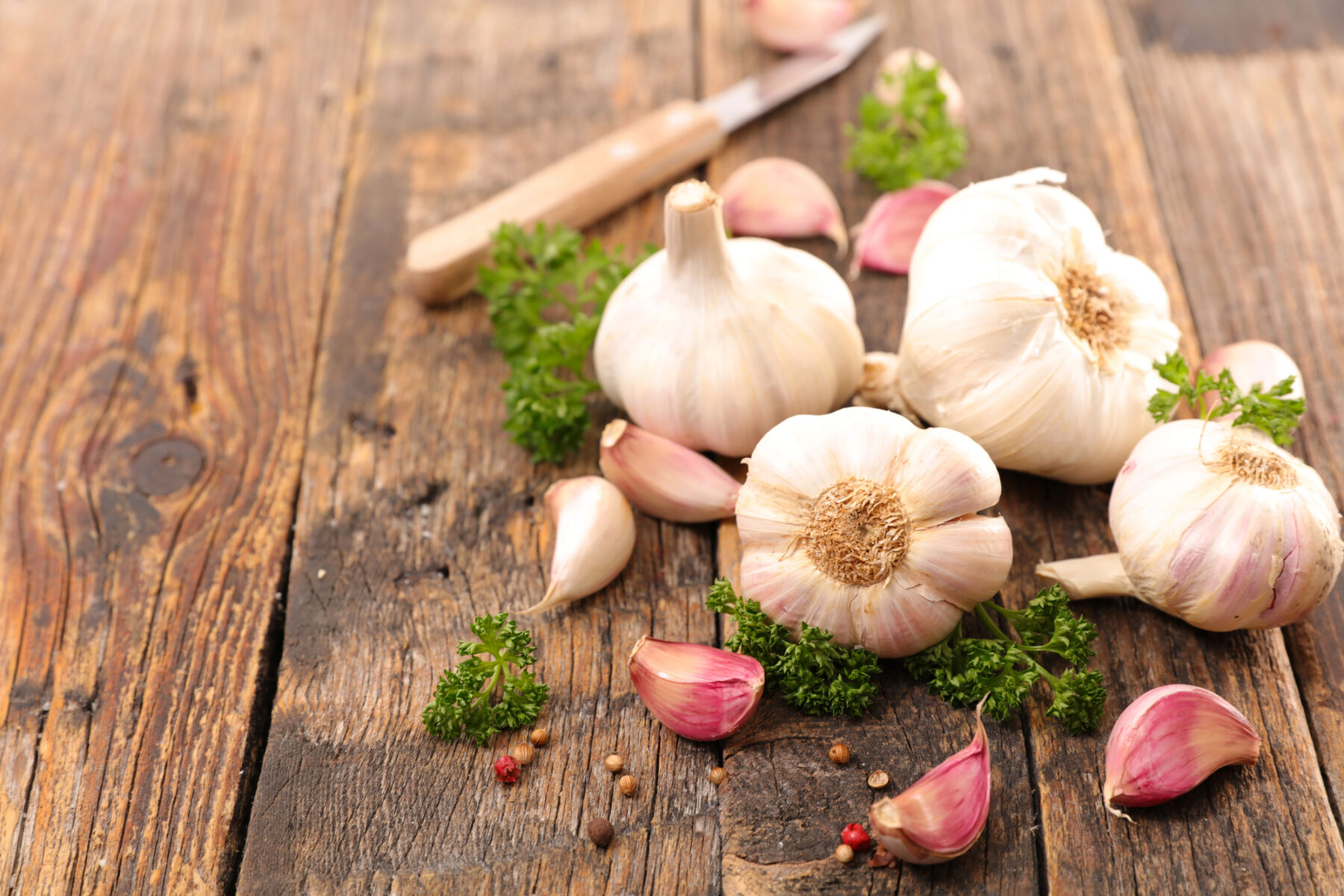The health of heart It is essential to ensure and prevent general well-being cardiovascular diseasewhich are the leading cause of hospital admissions and deaths in Spainwith more than 120,000 deaths annually.
To prevent these diseases it is essential to take a comprehensive approach that: healthy eating, regular exercise, maintaining adequate weight, quitting smoking and avoiding passive smoking. In addition, control cholesterol and blood pressure, moderate alcohol consumption and manage stress are important steps to a healthy heart.
Olive, grape, garlic, rosemary and saffron, lThe active components of these elements of the Mediterranean diet show promise in treating atherosclerosis and reducing the risk of myocardial infarction and stroke.
A study initiated from a graduate project at the Autonomous University of Barcelona, with the participation of research staff from the Institute of Neurosciences of the UAB (INc-UAB), the University of Barcelona and Cuban and Chilean institutions, has resulted in a comprehensive bibliographical overview of a group of Mediterranean plants whose active ingredients are reported to have pharmacological actions in the field of cardiovascular disease that affect the population most. The research was published in Food biosciences.
The cardiovascular problems are the leading cause of illness and death worldwide. Plant extracts, rich in bioactive compounds, have contributed significantly to the development of medicinesas they offer therapeutic potential for several of these diseases. However, its use is limited by potential side effects, drug interactions, and the lack of scientific evidence from high-quality preclinical and clinical studies.
During the academic year 2023-2024, the biologist Mateu Anguera Tejedor made an important contribution in this field with his graduation project in Biology at UAB, supervised by the then postdoctoral researcher at the UAB Institute of Neurosciences (INc-UAB) and the current professor at the Faculty Pharmacy and Food Sciences from the University of Barcelona René Delgado Hernández.
The study, recently published as a scientific article in the journal Food biosciencesprovides an overview of the mechanisms of action and preclinical and clinical evidence, as well as the adverse effects of essential bioactive compounds derived from a group of selected Mediterranean plants, which are integrated into the Mediterranean diet.
Of the species analyzed, six representative plants and their main active components are reported:
Garlic (Allium sativum, with diallyl trisulfide, allicin and S-allyl [cisteína]), the hawthorn bush (Crataegus monogyna, with quercetin, apigenin and chlorogenic acid), the saffron (Crocus sativus, with crocin and safranal), the olive tree (Olea europaea, with oleic acid, oleuropein, hydroxytyrosol and oleacein), the rosemary (Salvia rosmarinus, with rosmarinic acid and carnosic acid) and the vine (Vitis vinifera, with resveratrol).
The review focused on key pharmacological mechanisms including Its antioxidant, anti-inflammatory and vasodilatory effect is notableas well as in the regulation of lipid metabolismThat may be relevant to conditions such as atherosclerosis and hypertension. The results show that These active components show promise in the potential treatment of atherosclerosis and could reduce the risk of myocardial infarction and stroke.
In addition to summarizing the current scientific evidence, the study provides a reference guide for future research as it identifies potential gaps in knowledge and provides timely recommendations for the design of preclinical and clinical studies in this area.
Important areas for future research include the long-term safety of these compounds, the evaluation of their synergistic effects when consumed as part of the Mediterranean diet, and the need to establish standardized protocols in controlled clinical settings. By expanding the scientific basis of these traditional remedies, this review can help pave the way for their use as active pharmaceutical ingredients in the development of future phytomedicines..

